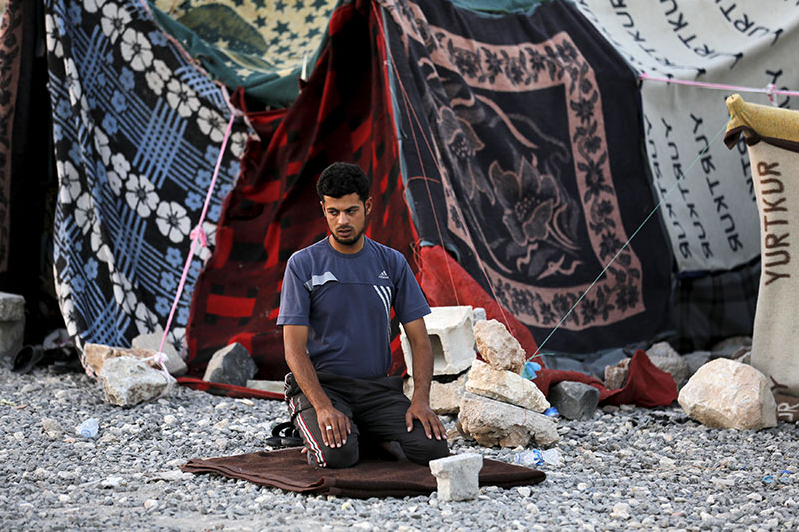
The pastor of a "secret church" has opened up about the dangers he faces in a predominantly Muslim country and shared how he works to care for the widows and families of Christians killed because of their faith.
Hameedullah (name changed for security reasons) works as a church leader in a country known for intense persecution of Christians, according to World Watch Monitor - and the role is anything but easy.
"Many of our lay workers and young pastoral care workers are involved in taking care of the widows and families of Christians killed because of their faith, or teaching in schools to influence young lives and minds," he told the outlet. "They are faithful and need the prayers of the global Church."
Hameedullah said that because of the continued persecution of Christians in the country, he fears for his own safety, and also for that of young people tempted by radicalization.
"Many of our children are recruited by extremist organizations, or become addicted to drugs. We are vulnerable to those who watch for non-Islamic activities and are willing to report to the authorities."
When he was young, Hameedullah lived illegally as a refugee in a Muslim country, and constantly faced scrutiny from members of his own family, some of whom became radicalized and were recruited into terrorist networks.
Both of his parents converted to Christianity through meeting a Christian midwife who showed them compassion and sensitivity, dealing with their physical and emotional needs as they settled into a new and hostile culture. The midwife gave the family a Bible, and soon, they embraced Christianity and were baptized.
"We were in a foreign land that would never really be home," Hameedullah told WWM. "People spat at us and cursed us for coming to their country and living off the ‘blessings of their land.' We were thankful their government opened their borders to us. But the people were not comfortable with our language, our temperament and our ways."
As the years went on, Hameedullah struggled to keep his faith hidden and hoped some of the Muslims in the camp didn't notice the choices he made. Because of his faith, he refused to marry more than one woman, refrained from readily-available drugs, and did not steal.
"I was born a refugee so was often in turmoil about my identity," he said. "But I did not want to break the law. I believed that the Jesus of the Bible stories we heard wanted us to act differently from the depravity and confusion that was considered normal and acceptable around us."
Hameedullah met Qareem, a missionary, and the two became friends. However, ten years later, Qareem was kidnapped and is still missing, and Hameedullah believes he was killed for his faith.
"When brother Qareem disappeared, the fellowship group of secret believers was at severe risk and so we dispersed," said Hameedullah.
While mourning the loss of his friend, Hameedullah desperately needed the support of other believers Thus, he joined an underground Christian church, where he helped translate and distribute Christian literature, and still works tirelessly to share the Gospel.
"Qareem's death changed my life. I became an evangelist, just as he wanted me to be," Hameedullah said.
The Turin-based Center for Studies on New Religions (CENSUR) reported that Christians are the most persecuted religious group worldwide, with 90,000 of them killed last year alone on the basis of their beliefs.
In a recent video message, Pope Francis urged Christians speak out against "religio-ethnic cleansing." Christians are suffering from around the globe. "They are persecuted and killed because they are Christians," CNA quoted the pope.
"Those who persecute them make no distinction between the religious communities to which they belong," the pontiff said. "I ask you: How many of you pray for persecuted Christians? Do it with me, that they may be supported by the prayers and material help of all the Churches and communities."






